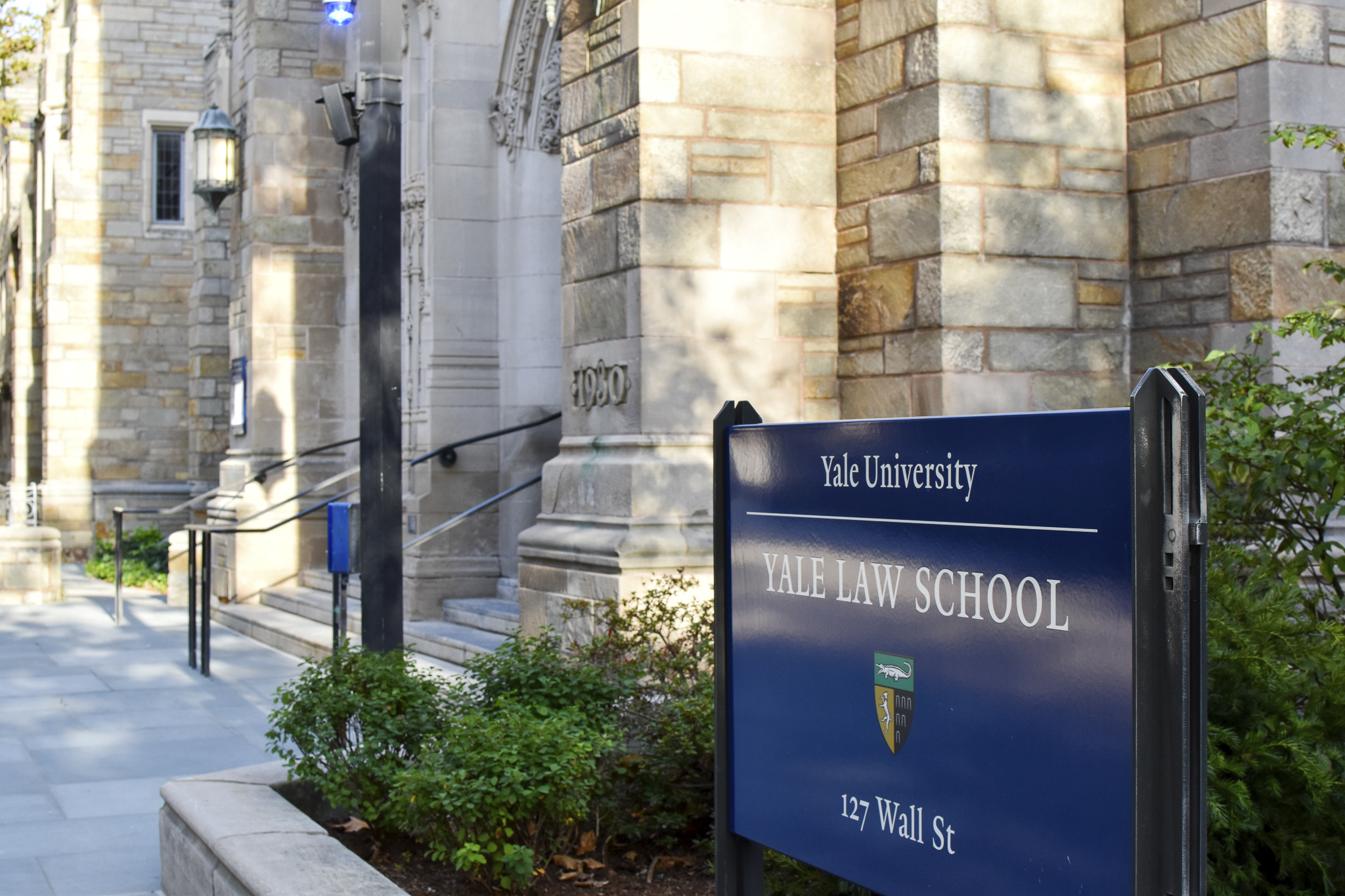YLS Liman Center members testify on solitary confinement in Pennsylvania
A public interest law center at Yale prepares longitudinal analysis of nationwide restrictive housing laws for expert testimony on a new Pennsylvania bill.

Karen Lin, Staff Photographer
Last month, members of the Arthur Liman Center for Public Interest Law at Yale Law School provided testimony to the Pennsylvania Senate Democratic Policy Committee regarding a new statute that would limit the use of solitary confinement — also called restrictive housing — within state facilities.
The Liman Center aims to help create a more just legal system through research projects, teaching, fellowships and advocacy. Professor of law Judith Resnik delivered oral testimony virtually during the Aug. 10 hearing and co-authored written testimony along with Liman Center Director Jenny Carroll, clinical fellow Skylar Albertson and law students Sarita Benesch LAW ’23 and Wynne Graham LAW ’22.
The bill would prohibit the use of solitary confinement on pregnant individuals, LGBTQ individuals and people 21 and younger or 70 and older. It would also limit solitary confinement to a total of 15 days.
During her testimony, Resnik discussed the overall premise of solitary confinement as a form of punishment and offered feedback specific to Pennsylvania’s proposed bill. Her suggestions centered around “the four key variables” the state’s draft legislation intended to address: the specific reasons people are placed in solitary confinement, limits on the amount of time per day and total number of days spent in solitary, conditions of confinement and who decides to administer the punishment.
A common trend Resnik pointed out during her testimony was lack of clarity around these four factors — for example, vague standards defining what would prompt an individual to be subjected to solitary.
“Ordinary human behavior or disagreements can land you into profound isolation,” Resnik said during her testimony, and “institutional threat” — the technical standard that merits solitary confinement — “is a huge open door.”
Carroll shared similar concerns in an interview with the News, citing ambiguity around what exactly would constitute reasonable grounds for solitary but also around the process of reentry into society after a period of solitary confinement.
“We felt like there wasn’t a lot of information about what the step-down process would be,” Carroll said. “How exactly should I step down from having been in this really intense period of isolation to [then] be asked to reintegrate and go back into society as a whole?”
In addition, Carroll and Resnik described analogous questions around factors such as mental health care, exposure to outside light and other physical conditions.
“In general, we’re looking for procedural clarity,” Carroll told the News. “We’re looking for stronger definitions of those standards by which you make a determination of whether or not someone should be placed in solitary in the first place. And we’re looking for clarity on how you calculate the amount of time that someone is actually permitted to be in.”
The 48-page written brief goes into more detail concerning the harms of solitary confinement on imprisoned individuals, demographic breakdowns and legislative trends nationwide. In the document, the authors describe comprehensive reforms in state legislatures across the country as well as recent limitations on what populations can be sentenced to solitary — such as youth, pregnant people and those with mental illnesses — in each state.
According to Carroll, the Pennsylvania committee reached out to the Liman Center for expert counsel in part due to a lack of longitudinal analysis concerning solitary confinement legislation nationwide — a gap that the Liman Center is uniquely positioned to fill given its long-term work of nearly a decade in this space, she said.
Researchers at the Liman Center have been exploring such nationwide analysis since 2013. Their reports involve tracking restrictive housing laws in different states, the number of people sentenced to this punishment per jurisdiction and the conditions of confinement in each statewide facility.
Carroll said that this most recent legislative effort is particularly notable because it puts one state’s proposed reforms into a national context.
“Certainly, we had been aware in the past of what other states had been doing just as part of our ongoing tracking of solitary confinement,” she said. “But this was really the first time we sat down and tried to think systematically in terms of how different states are addressing issues of reform within this space. And by providing that to Pennsylvania, our hope was that it would serve as a guide as they attempt to move forward.”
Looking to the future, Carroll anticipates that the nationwide analysis can inform work in other states, as more legislators consider not just the binary of whether solitary confinement should exist but also what different models could look like. She said the Liman Center’s work can help these lawmakers make more informed decisions about restrictive housing policy based on what has — and has not — worked in comparable jurisdictions and what factors may accordingly be important to consider.
Yale Law School is located at 127 Wall St.







